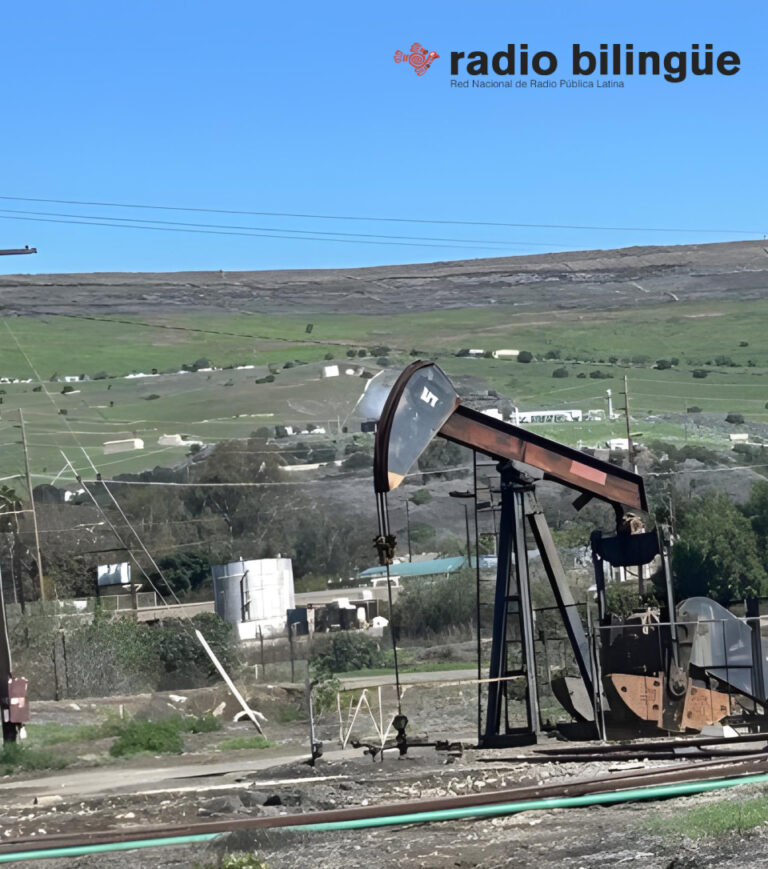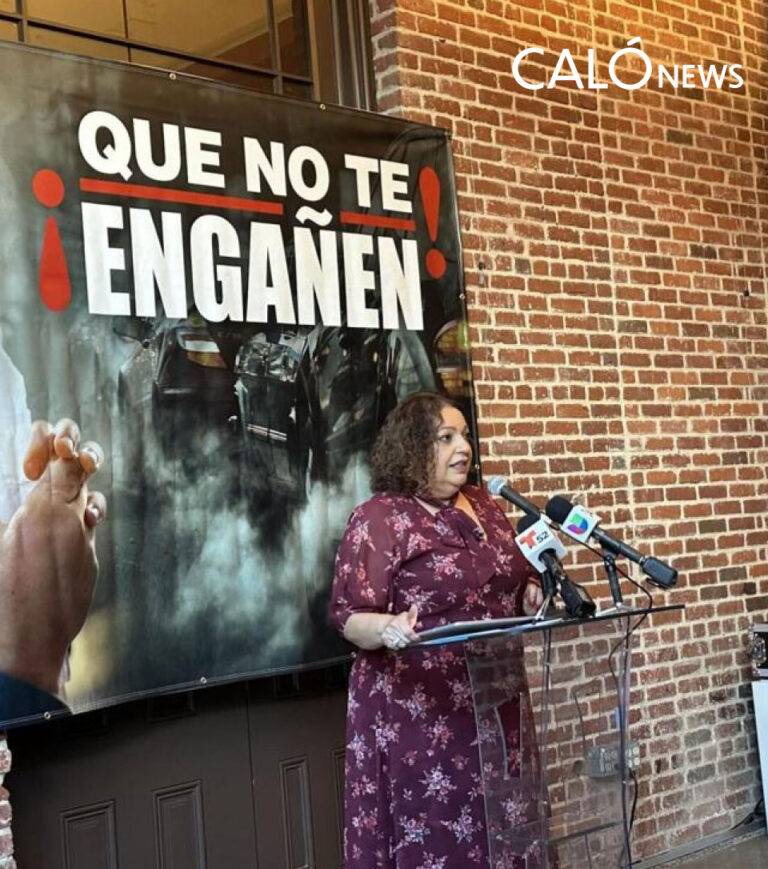View the factsheet here.
Policy Overview
Senator Lena Gonzalez is leading a new policy (SB 674) The Refinery Pollution Reduction and Transparency Act.
Senate Bill (SB) 674 will create a statewide standard for the refinery fence-line monitoring program to ensure that adequate noxious pollutants are measured, and that best practices and technologies are deployed in order to better protect the health and wellbeing of the surrounding communities.
Specifically, SB 674 requires refineries, as part of their fence-line monitoring obligations, to conduct third-party audits of their monitoring systems, ensure proper facility coverage, provide adequate public notification when emissions thresholds are exceeded and make data from the fence-line monitors readily accessible to the public.
Background
The oil we get from the ground, known as crude oil, must go through a process called “refining” before it becomes products like gasoline or diesel.
Refineries are a major source of air pollutants, including toxic metals, particulates, and many types of gases (nitrogen oxides, sulfur oxides, methane, carbon monoxide, benzenes, and others). In addition to being harmful to human health, many of these gases are accelerating climate change and smog pollution.
There are a total of 15 oil refineries in CA, and 5 of those are in the Los Angeles area, including the largest refinery on the West Coast (Marathon Refinery in Carson, CA).
California’s refineries are some of the largest stationary emitters of toxic air contaminants, criteria pollutants, and greenhouse gases in the entire state. Chemicals released by refineries have numerous adverse impacts on human health, including asthma, nausea, headaches, and liver, kidney, and heart damage, among many others. Further, incidents at these refineries – including explosions, fires, and flaring events – threaten nearby communities.
Over a million Californians live within a half mile from an active oil and gas facility, and of those million, over 500,000 are Latino. Local impacts in Los Angeles are concentrated most in communities of color.
The population in Wilmington, a community in South Los Angeles, for example, is 85% Latino. Wilmington and neighboring Carson are home to one-third of the states’ refining capacity. A recent Grist investigation found that since 2020, Wilmington has experienced a dramatic rise in deaths related to Alzheimer’s, liver disease, heart disease, high blood pressure, strokes, and diabetes — all conditions known to be exacerbated by high levels of pollution.
Nationally, More than 2 million Latinos live within a half mile of existing oil and gas facilities and the number is growing every year, according to a report by LULAC. Latino children are more likely to have asthma, and those with asthma are twice as likely to die from an asthma attack, than non-Latinos.
Half of the people that are at an increased cancer risk from refineries’ pollution are people of color. Latinos, African Americans and low-income people are more likely to live near refineries and, unfortunately, those groups face significantly higher cancer rates than other groups.
Conclusion
Ultimately we need California to transition away from harmful fossil fuels. In the meantime, SB 674 is an important step in protecting communities, particularly Latinos and other communities of color, located near oil refineries. It will keep refineries accountable and increase transparency to the public.




